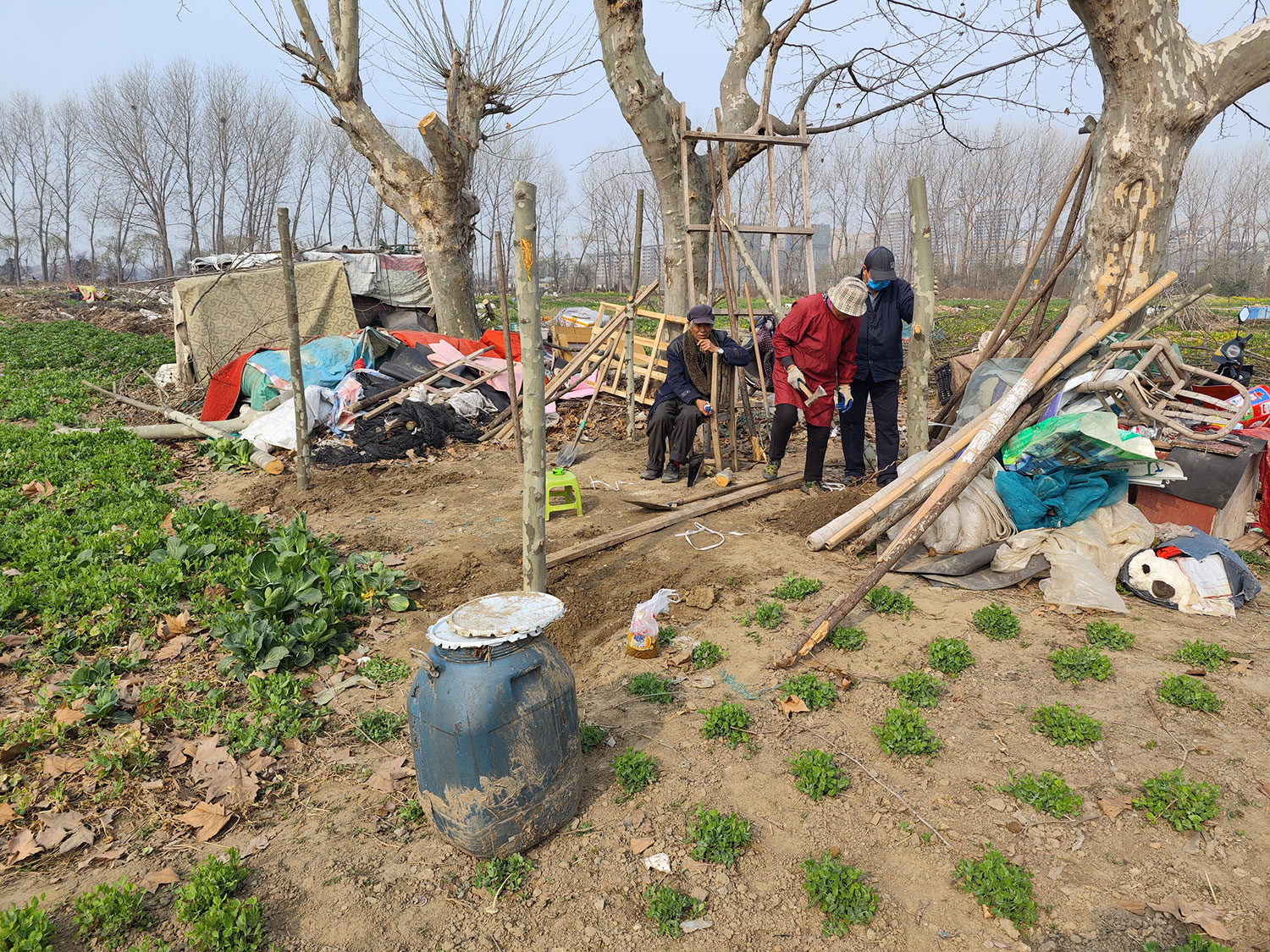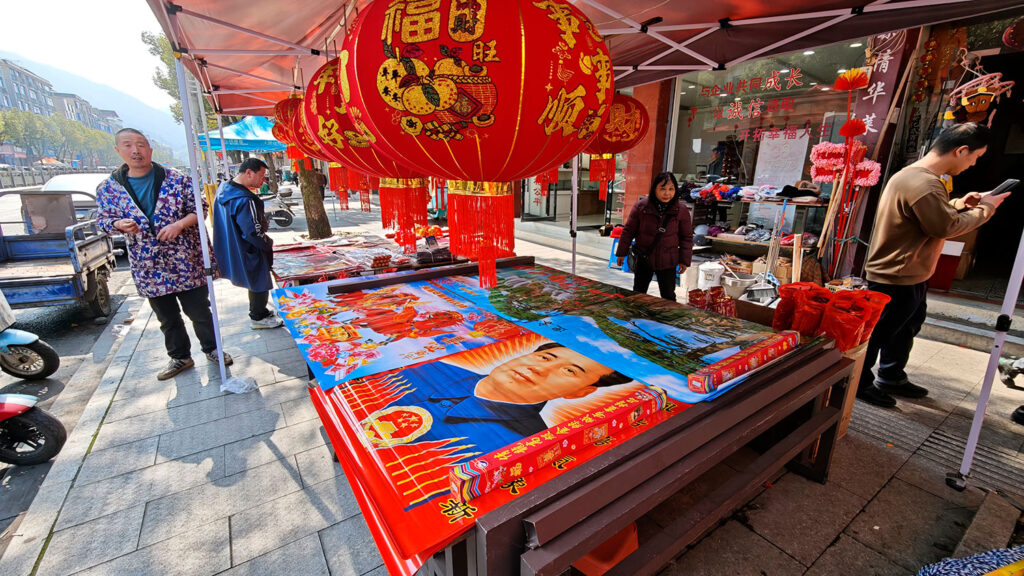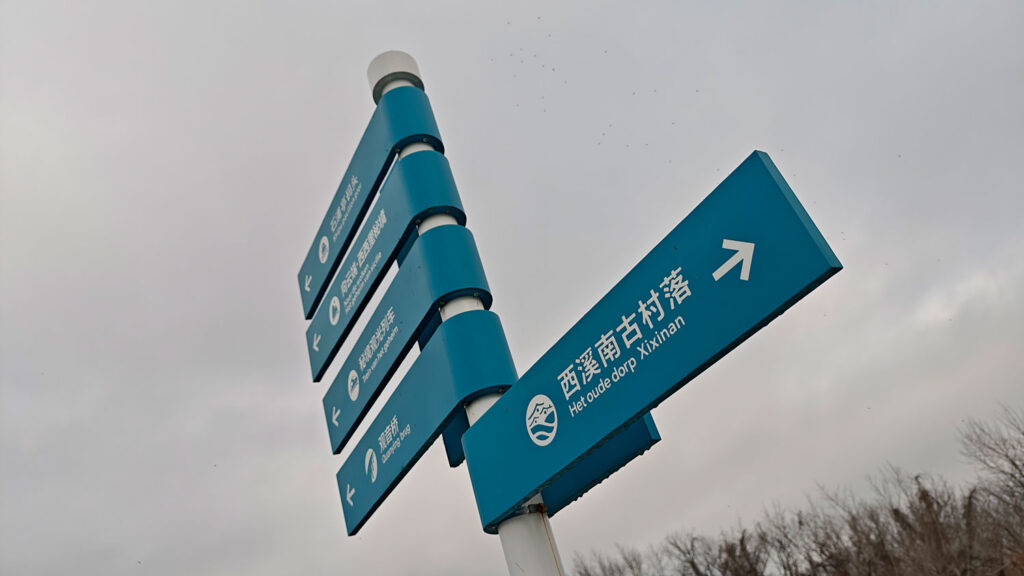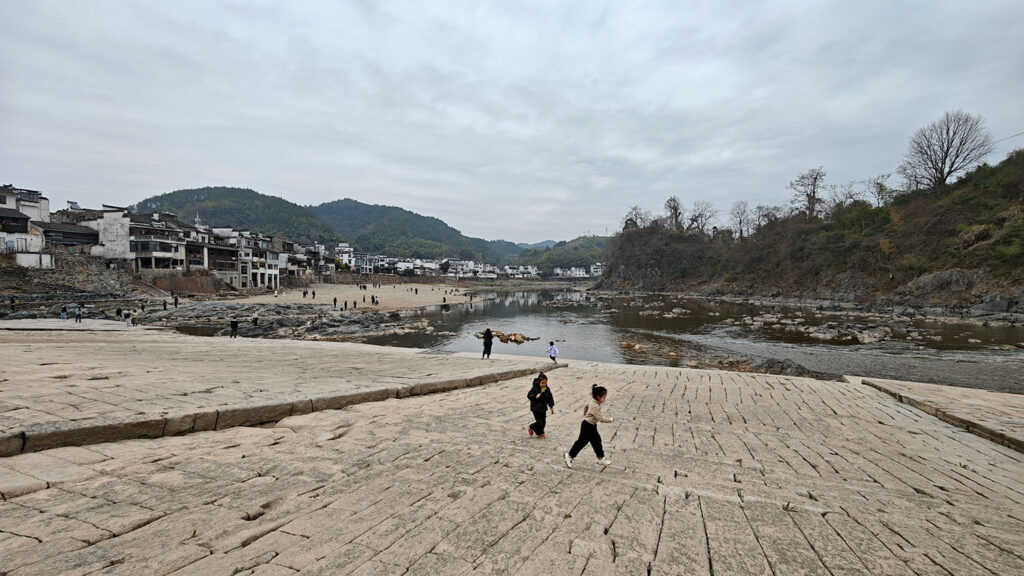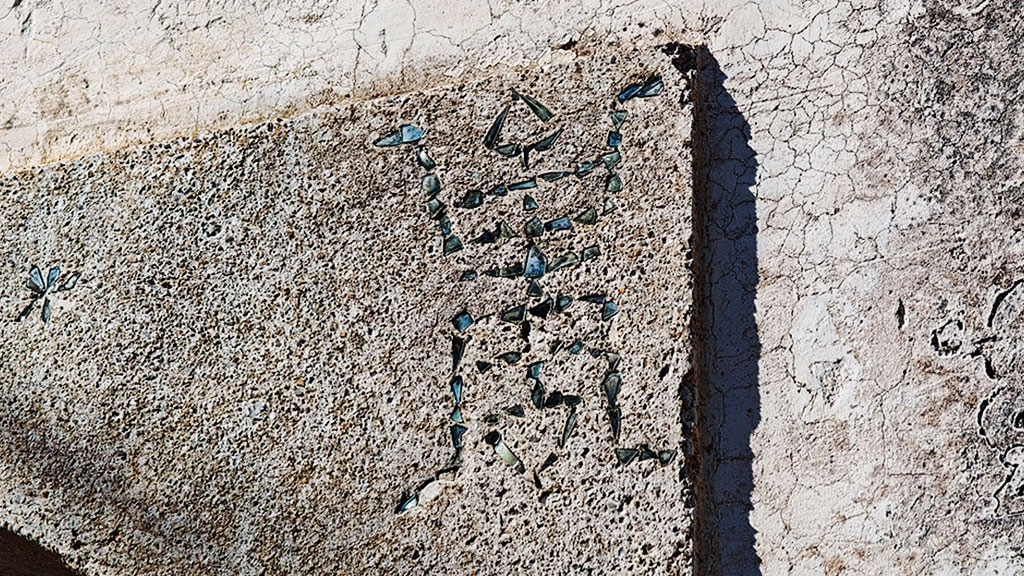It’s the first good weather weekend without covid restrictions, in more than a year. The parks and streets of Yangzhou (扬州) fill with people.
Dongguan Street (东关街) is 1146 meters long, filled with the smell of fried food from both sides and people everywhere. The cooking installations burst out of homes and onto the streets.



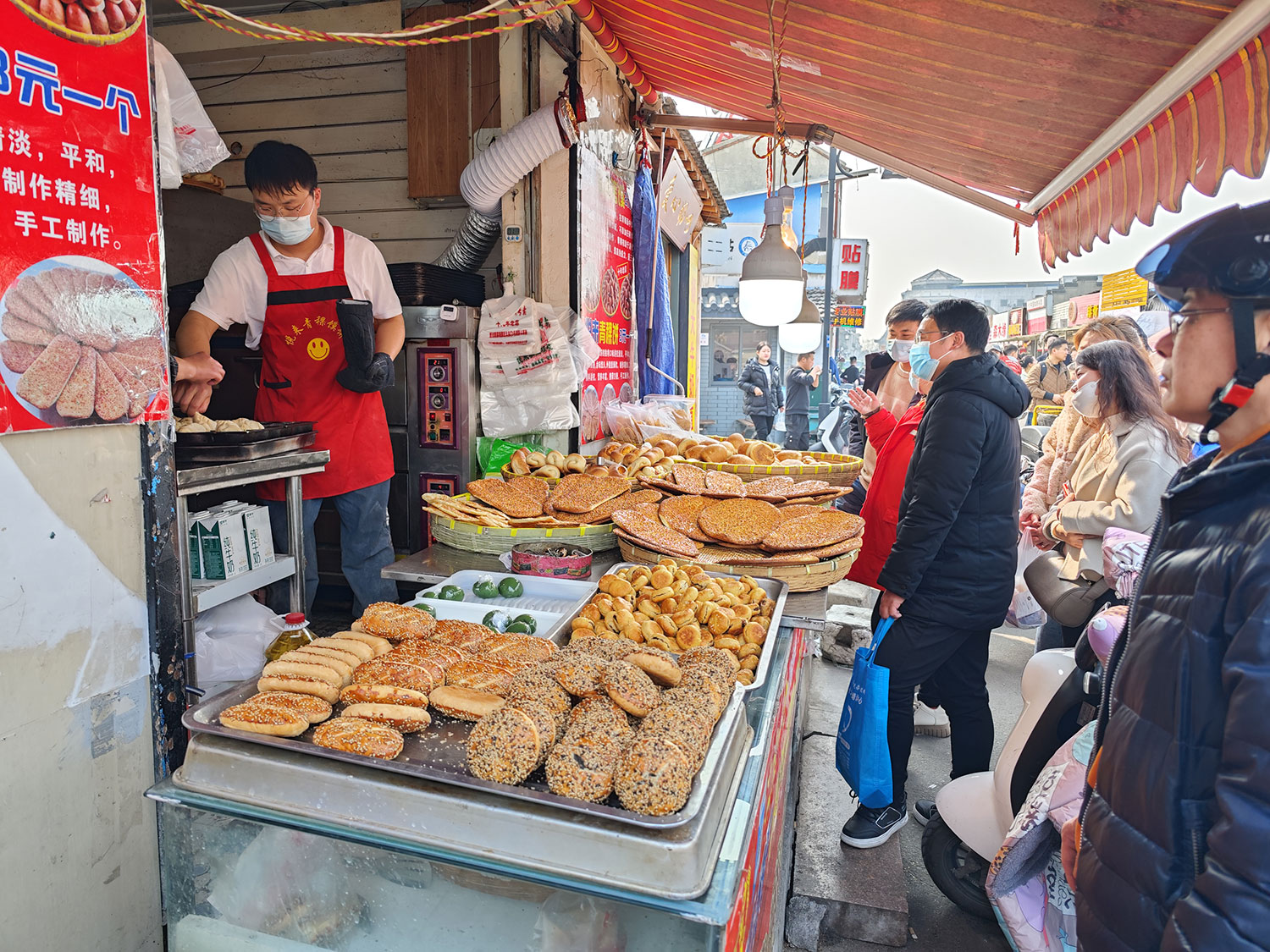
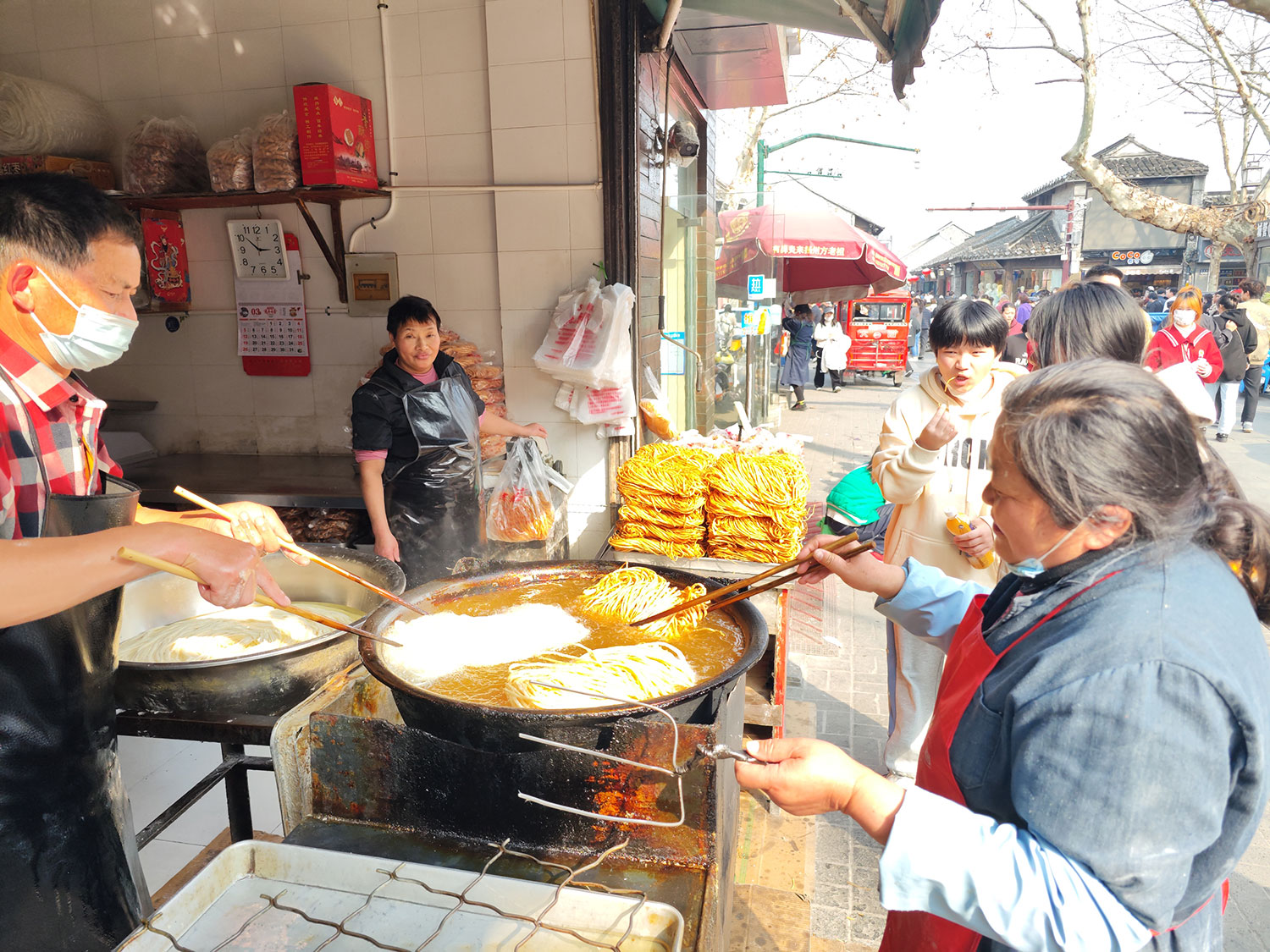
We go into an alley, where one lady is pulling water out of a well, the other washing clothes.

Too many types of food to show. Most is greasy, easy to make, and sold without plates. I don’t trust my stomach for most of this.
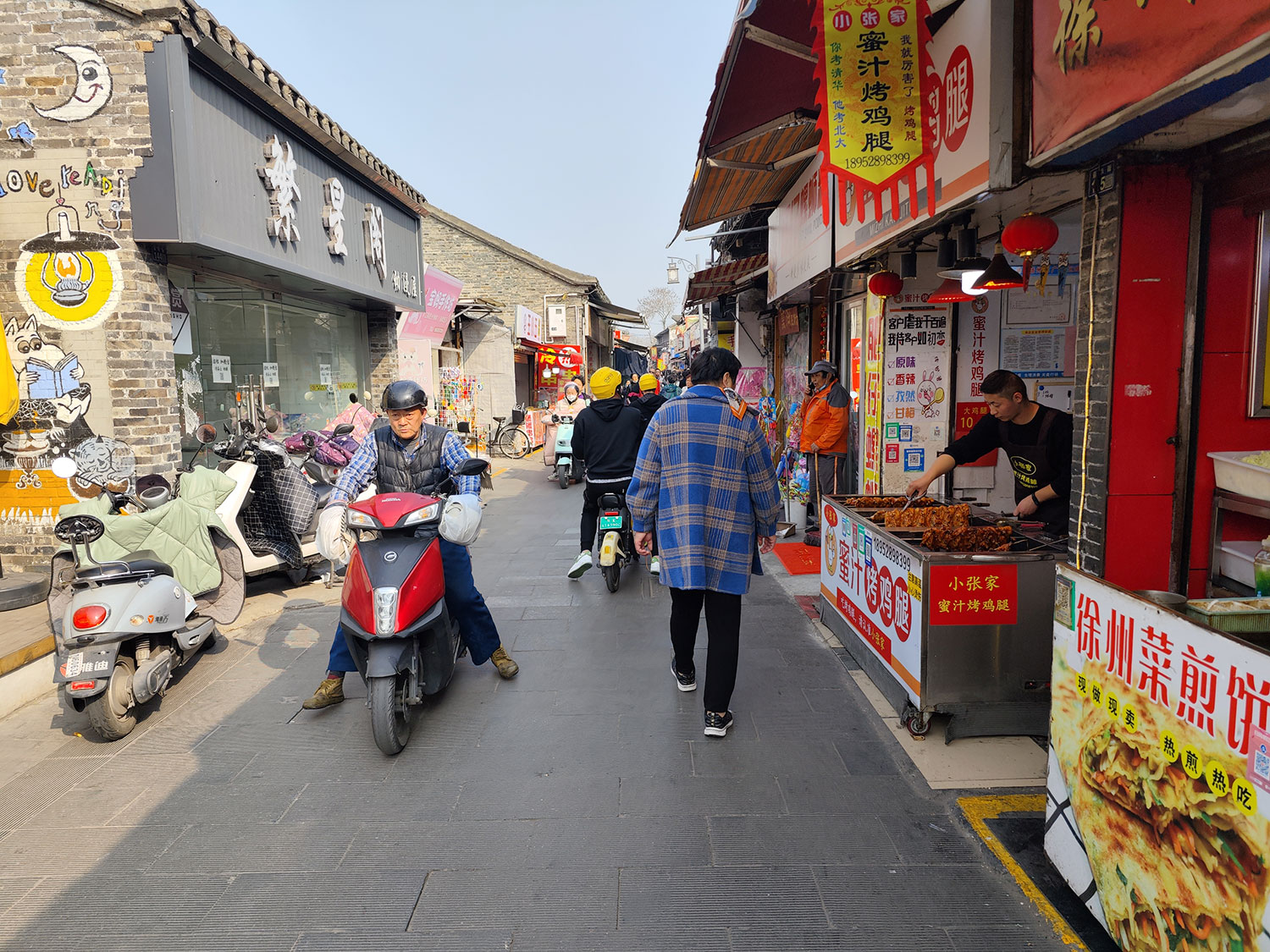


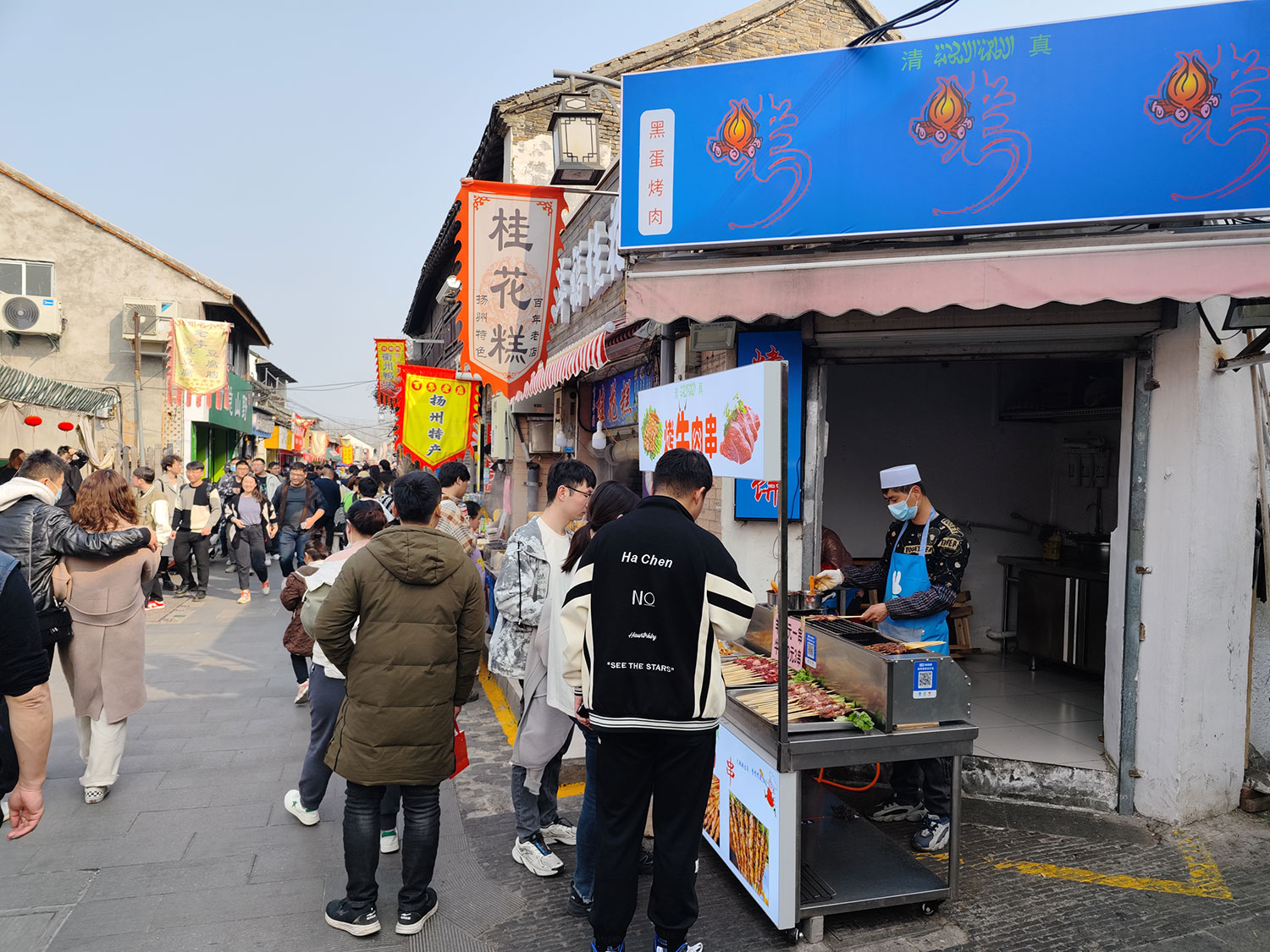
Outside the busy area, a shop owner quarrels with a well-dressed lady from Nanjing, who parked her car in front of his store: “Give me 30 RMB! You think that’s too expensive? I couldn’t get my cart out for 6 hours!” The baoan tries to suss the situation: “Outsiders don’t know where to park (外地人不懂).”

We take the taxi to Slender West Lake (瘦西湖). The driver: “Oh I’ve been there twice, Boring, everything is the same now, no real places anymore”, and I ask “Where do you go if you have time?” The driver replies: “I just go home and play cards. But this car, I just got it this year. I drive this taxi now.”

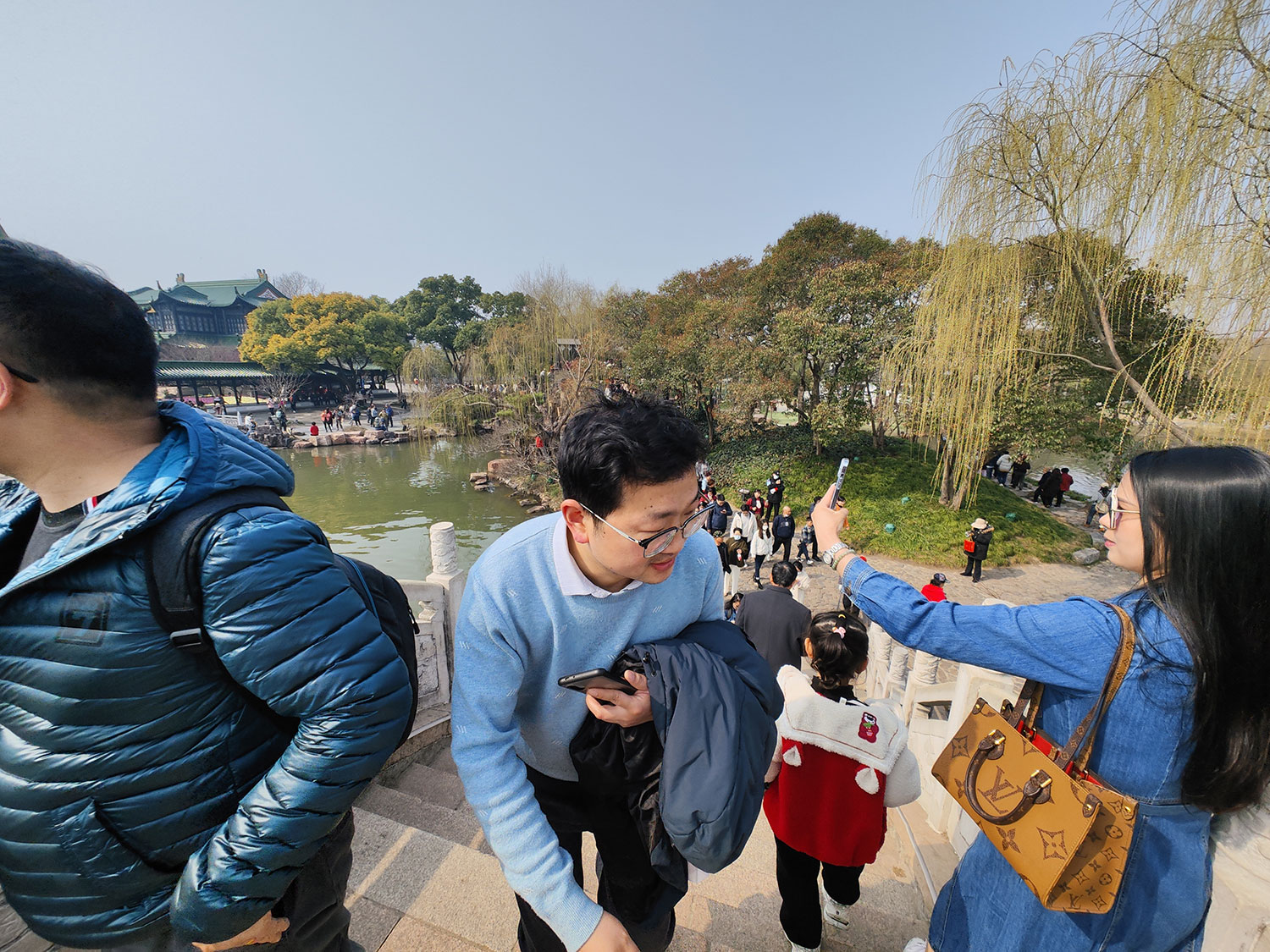
Slender West Lake is crowded but it’s fine. Every temple or stone has once — centuries ago — been named in a poem or something, but I cannot get my attention to it. It’s nice to just walk in the sunshine and smile at people. And lots smile back. It’s around 20°C and it’s my personal conviction that at this temperature, shorts are acceptable if not required. “Oh, you not cold?!” many people ask. It’s a welcome change from the nervous questions during the zero-covid era: “Oh?! When did you enter China?!”


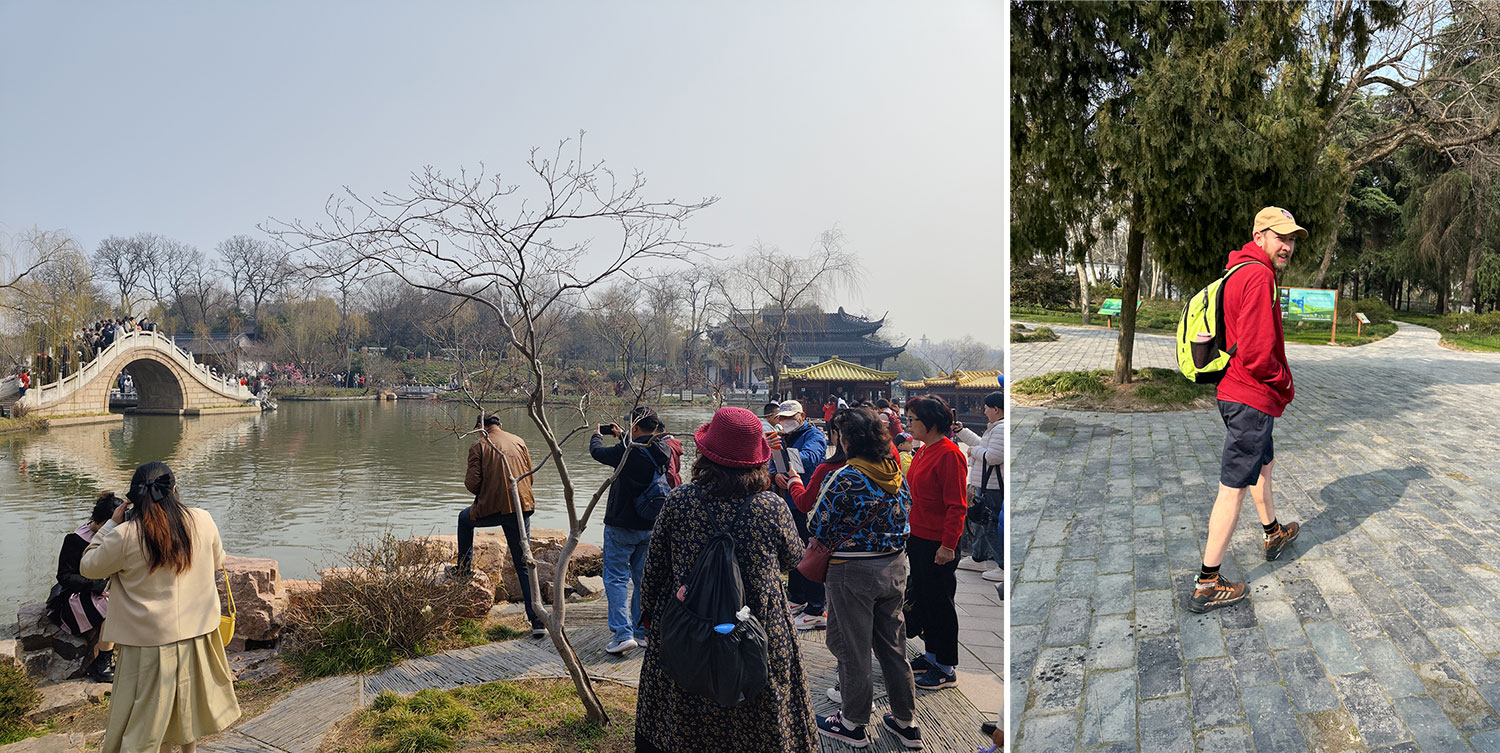
We have some Yangzhou fried rice (扬州炒饭) of course —, and fried cowpea cake (豇豆饼), crab tofu (蟹粉豆腐), but the most amazing dish we have is a sea bass (海鲈鱼), so tender that picking the meat with chopsticks is a challenge.




We walk through Jiangdu (江都), a city grown into Yangzhou. In a convenience store a kid sees me and is excited: “What the fuck! A foreigner! (我操,外国人!)” He’s pulled and slapped by his mom for his language, but he pulls away and looks at me again: “Fuck! (我操!)”
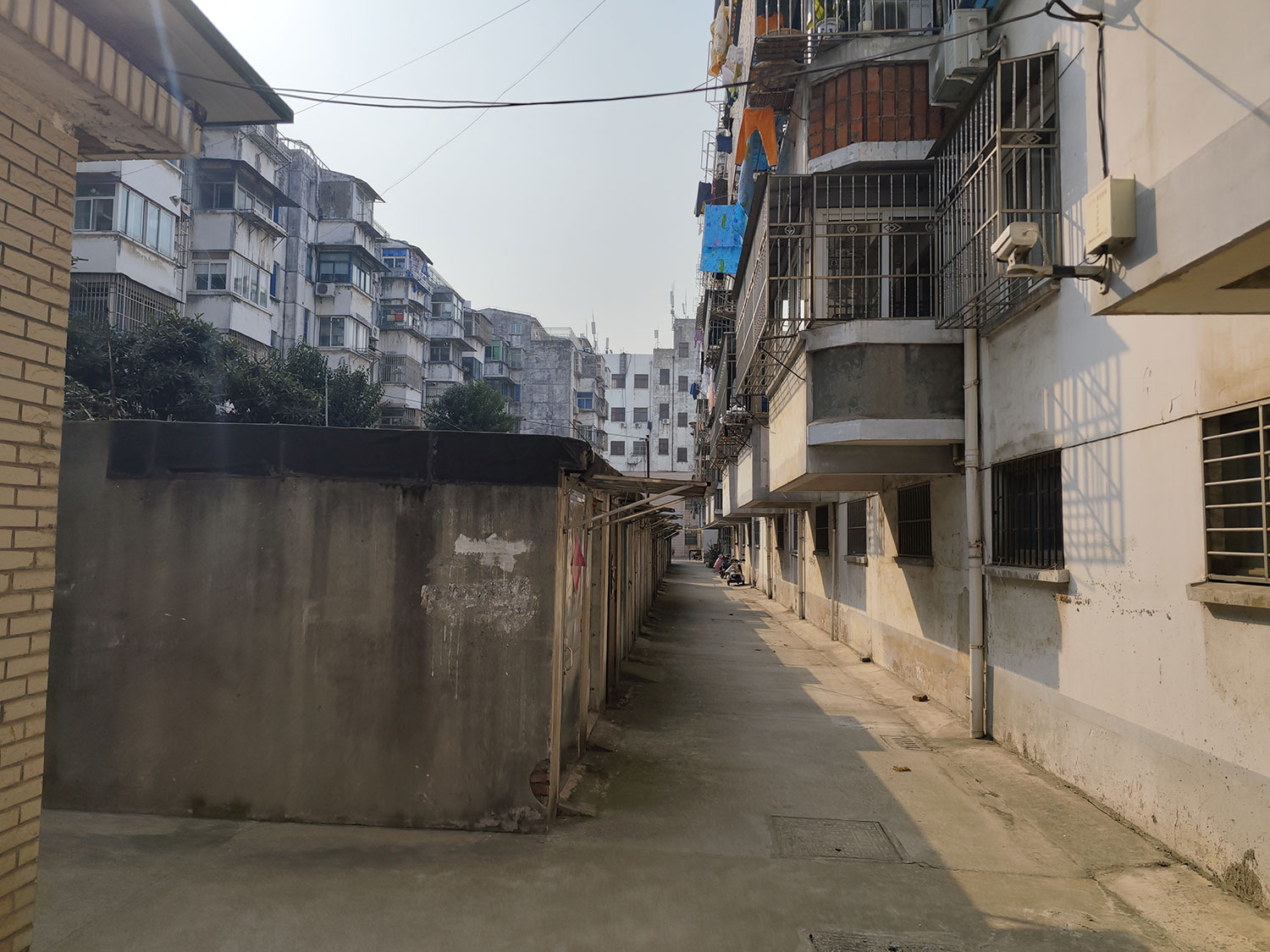


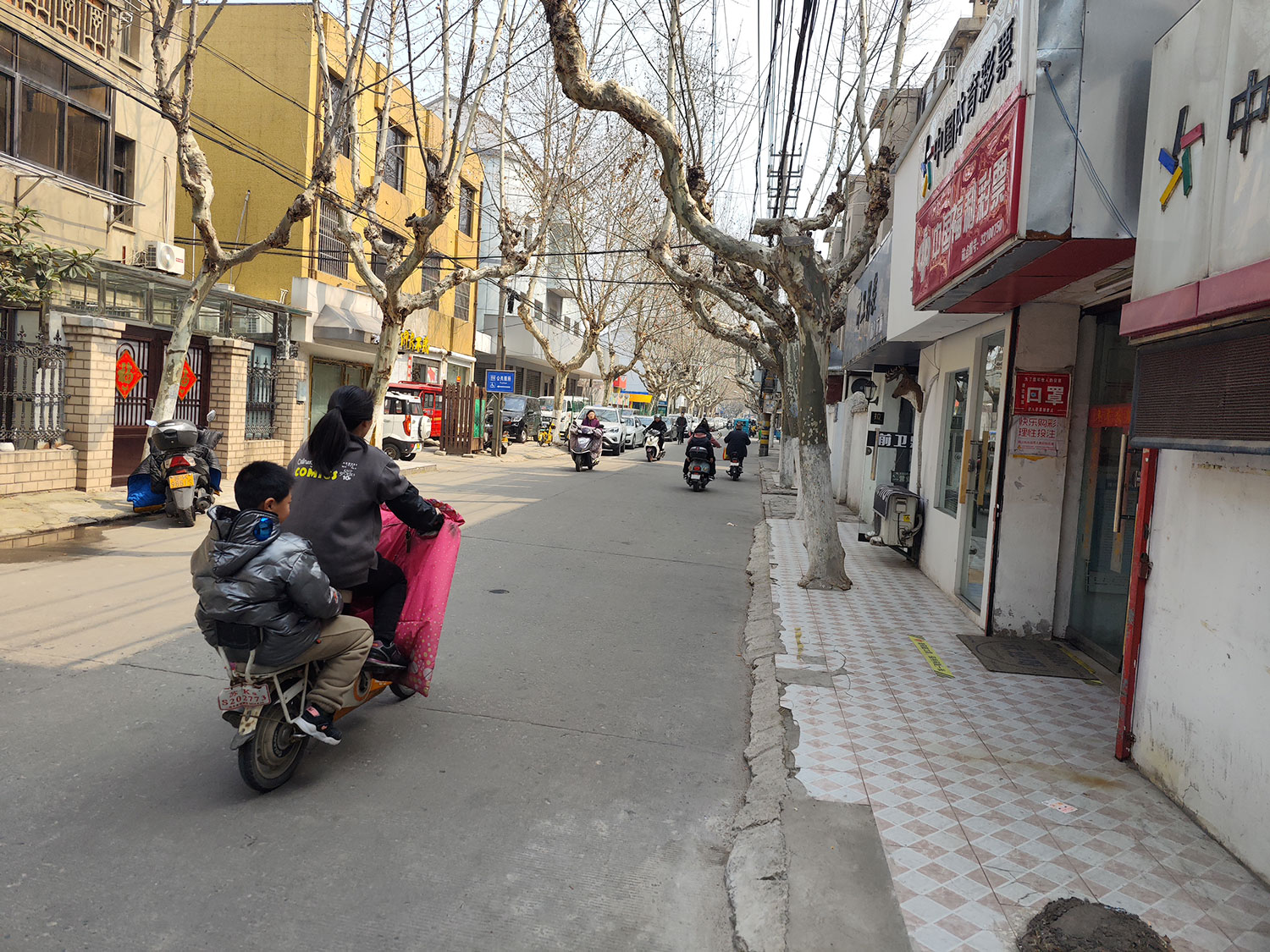





Fishermen fish alongside the canal, boats hum. A guy sits watching his phone, while near the waterside a lady prays and burns joss paper. I’ve no idea whether they’re related.


We walk on a huge plot where once stood a whole village. Some walls remain, but for the rest it’s all plots of vegetables, tended by seniors, divided by zigzagging paths. It seems a wholly natural organization of who has a field where. There are sheds. I ask: “Do you guys sleep here?”, but the lady says no: “Just to put some stuff in. We’re building a new one here actually.”



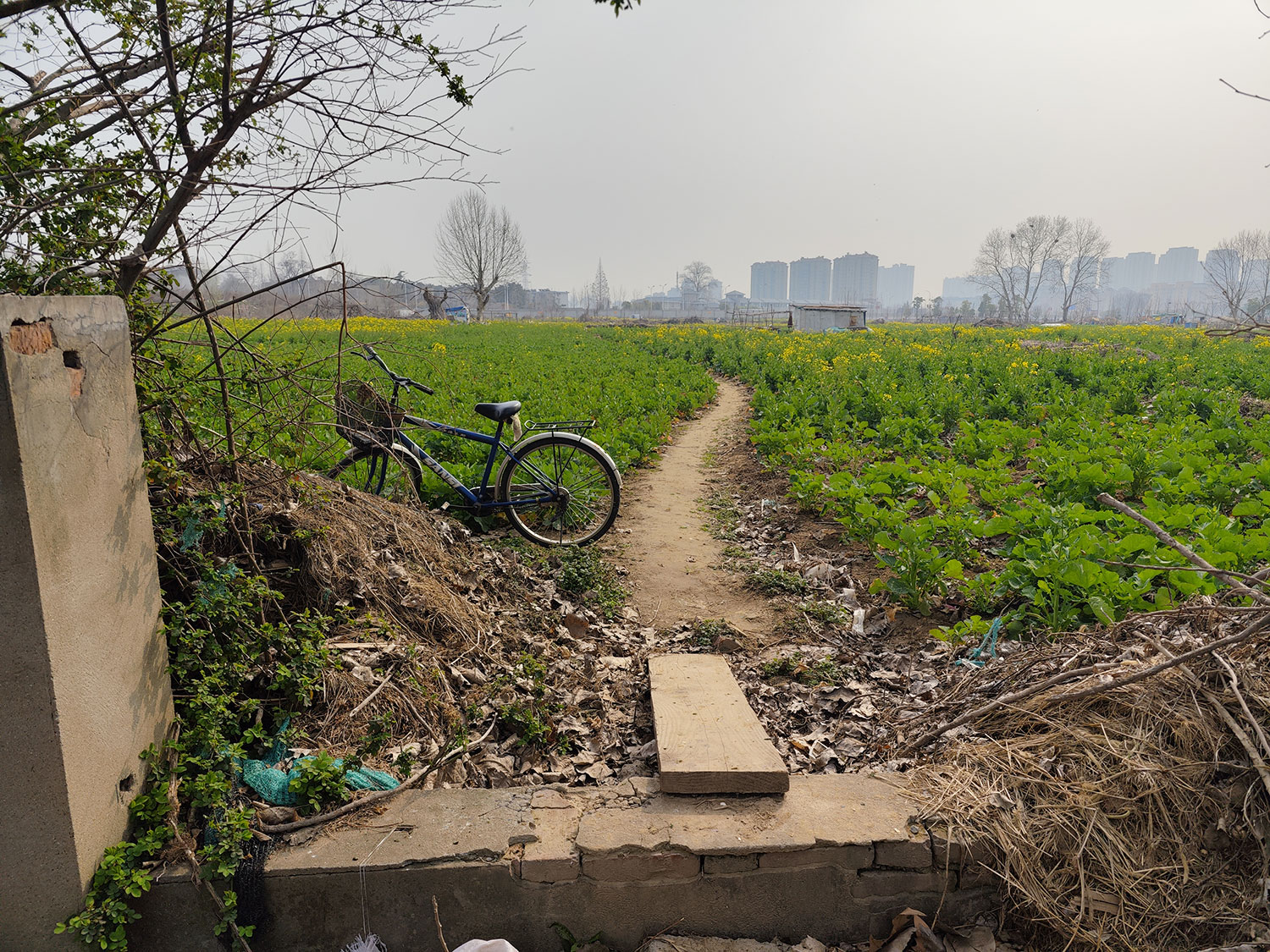
Soon, high-rise buildings will be constructed on this land, but still, pensioned seniors are busy building a new shed.
I like such an attitude toward the future.
It’s the first warm weekend after covid. Smell the flowers and all that. Build sheds, get sunshine, and wear shorts whenever you can.
Because if there’s anything we’ve learned from the covid era in China, is that the future never arrives on time.
